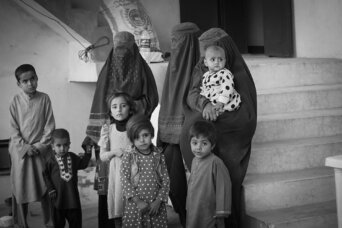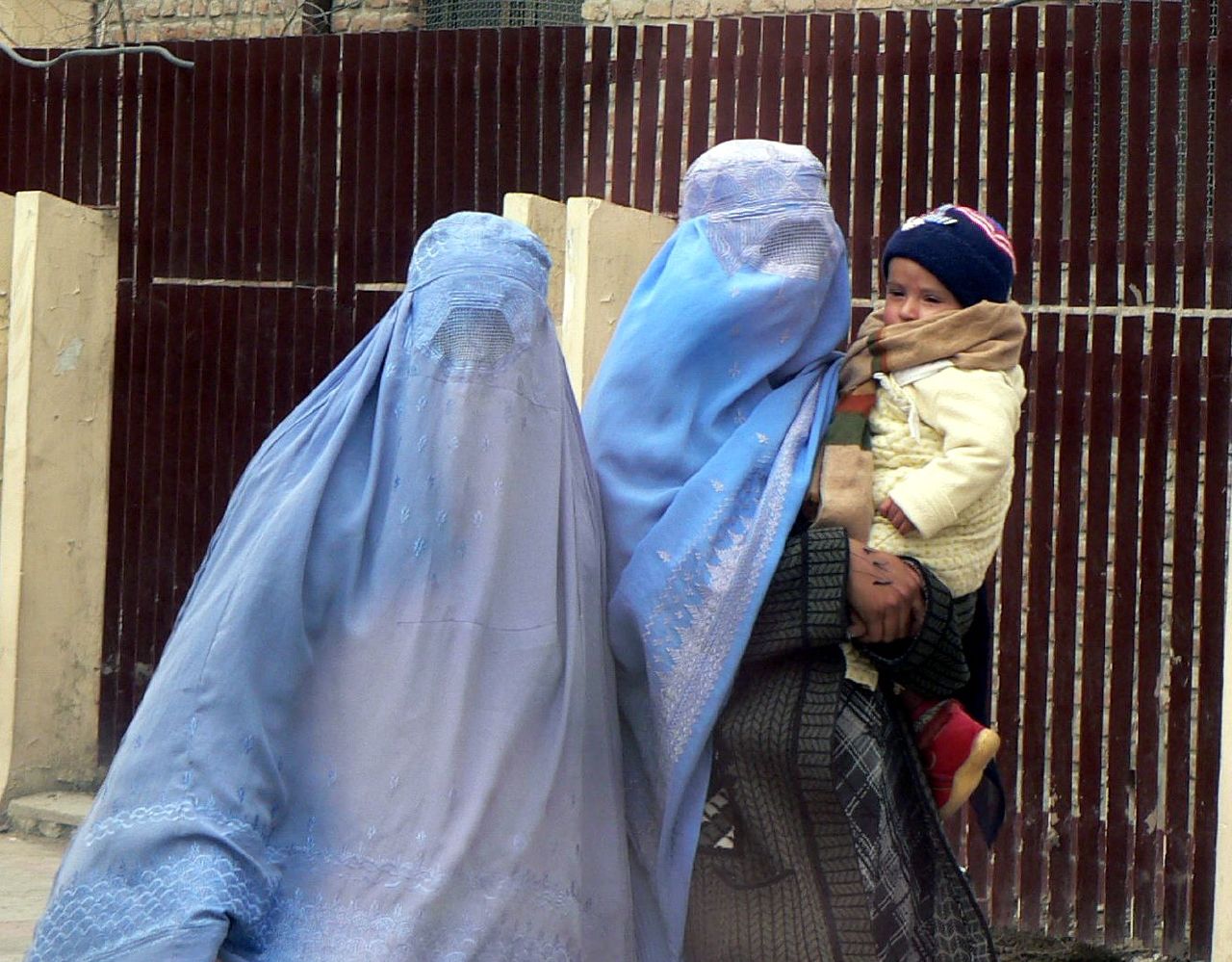- About
- Topics
- Picks
- Audio
- Story
- In-Depth
- Opinion
- News
- Donate
- Signup for our newsletterOur Editors' Best Picks.Send
Read, Debate: Engage.
| topic: | Rule of Law |
|---|---|
| located: | Afghanistan |
| editor: | Shadi Khan Saif |
In its first one hundred plus days in power, the Taliban’s actions - or promises of action - clearly demonstrate the group’s inclination towards peddling its hardline agenda rather than prioritising service to the nation.
Since its rise to power in August, the armed insurgent group has rigorously placed its men in key positions at every level of power throughout the country in an effort to solidify control over governance affairs. This has been the focus area of action for them in this entire initial phase of over three months while the poor and needy brace for yet another harsh winter with very little hope.
On their end, the Taliban are continuously blaming the previous administration and international monetary restrictions for most of the socioeconomic and governance issues at home. It is, one must say, their shortcoming to fail to address some of the basic needs, such as provisions of healthcare and food to some of the most vulnerable in the aid-dependent Afghanistan despite the generous support by the humanitarian community regardless of the political circumstances.
And while one may consider the sudden departure of the international community as turning its back on the Afghans, the fleeing of talented individuals and field experts out of the fear of the Taliban clearly demonstrates their feelings about the rebirth of the Islamic Emirate.
The Taliban premier, Mohammad Hassan Akhund’s only public statement so far, on the 100th day of rule, seems to suggest a desire to escape the responsibility of service to the nation.
In his televised address, Akhund said the Taliban was not the cause of unemployment and the poor economic situation in Afghanistan, and that the current problems were the legacy of the previous government, and also stated that the “Taliban did not promise the people their livelihood,” but rather that “it is the promise of God.”
One cannot defend the previous Afghan government for fair governance and accountability; but a clear shift in Kabul now is the gender-based marginalisation policy of the new rulers that has left universities and many other public and private sector offices closed.
Despite Akhund’s promise to grant the Afghan women their legitimate rights, a grim unrest prevails in the country in this regard. While much work remained to be done, rights groups have continuously acknowledged that women’s rights had improved significantly since the fall of the first Taliban regime in 2001.
In its latest report, Amnesty International has noted that there were 3.3 million girls receiving education, and women had actively participated in the political, economic and social life of the country. It added that despite ongoing conflict, Afghan women had become lawyers, doctors, judges, teachers, engineers, athletes, activists, politicians, journalists, bureaucrats, business owners, police officers and members of the military.
The Taliban must embrace this as part of the new Afghanistan and take it forward without prioritising the hardline agenda of driving the country back into the darkness.
Photo by Wanman uthmaniyyah

